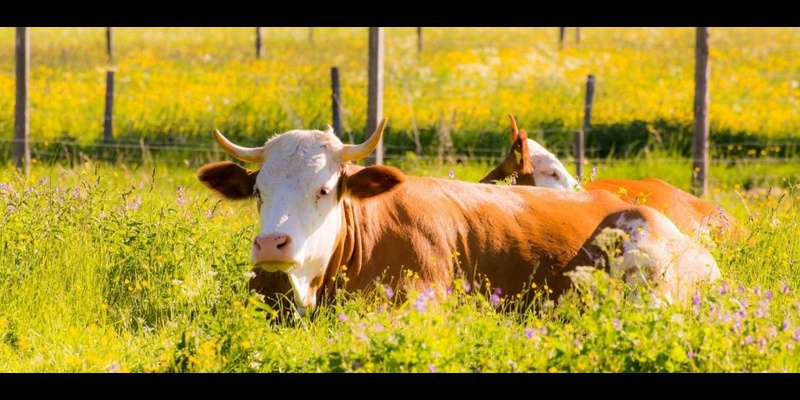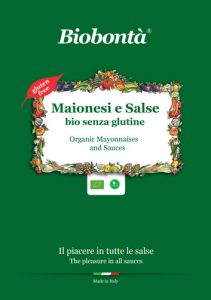There has been said a lot recently about organic farming. In general terms: it is good, it is good for health, it does not contain pesticides and chemical fertilizers, and for these reasons organic product consumption is growing in large-scale distribution too.
That is all true, but there are also ethical reasons behind organic productions, it is a life philosophy based on respecting the planet health.
The roots
The roots of what today we consider the organic production go back to more than 100 years, with Rudolf Joseph Lorenz Steiner, founder of anthroposophy and advocate of what we know as biodynamic farming.
Steiner was not the only one. There were many other “founding fathers” all over the world, whose action led to the rules and laws that today regulate organic production and transformation on the entire planet.
Among others, we must mention Gino Girolimoni, visionary pioneer who inspired the Alce Nero cooperative, which is very active in the sector today.
The biography dedicated to him by Massimo Orlandi is titled “The earth is my prayer“! A title that truly expresses the intensity of his vision.
Now let’s see which rules make organic an indispensable ethical choice
Many of us certainly had the opportunity to see the services on stables and model farms on TV.
They are seen as “models“, but hundreds of cows, or thousands of hens crammed into very small spaces.
Do you know how many organic dairy cows can be raised on one hectare of land? The figure will shock you: 2 cows!
This is what Annex IV of the current bio-law says (Regulation (EC) No. 889/2008 September 5, 2008).
Extraordinary, right? But what reason is behind this choice?
If I really want to safeguard the territory, I must calculate the number of animals per hectare of territory based on their production of manure.
You got it right: what really matters is how much poop animals do in a calendar year.
Soil is on average capable of absorbing 170 kg of nitrogen / h / year, the count is made backwards based on the animal’s average manure and off you go!
So we can understand how bad are intensive livestock for the environment. Their sewage pour irrepressibly into the land, the waterways and then into the sea, and even into the aquifers, as we have learned numerous times from newspapers.
Organic farming is the only way of truly safeguarding the environment
Organic farming protects animal health. How will the 2 cows stand on one hectare? Too comfortable, perhaps.
They will certainly be much better than those locked in model stables, imprisoned in boxes that hardly contain them. And surely, for the reduced stress, their health will be preserved without the massive use of antibiotics and other drugs, as often happens in intensive farming, and their milk will be better.
Do you still have doubts about the validity of the organic system?

